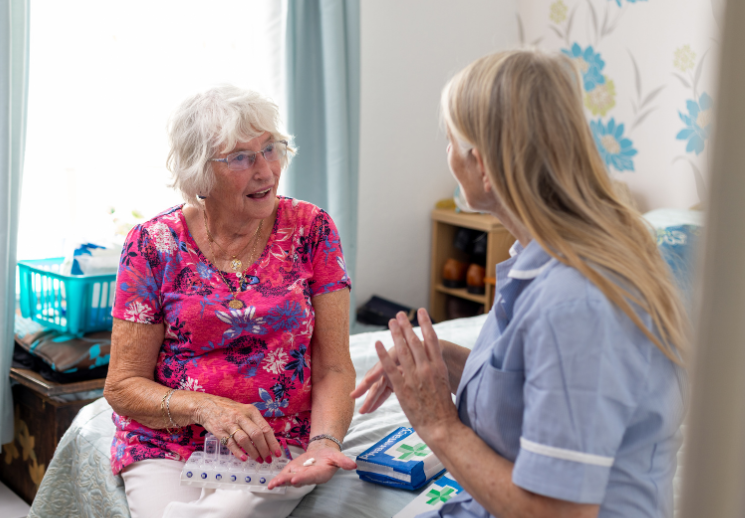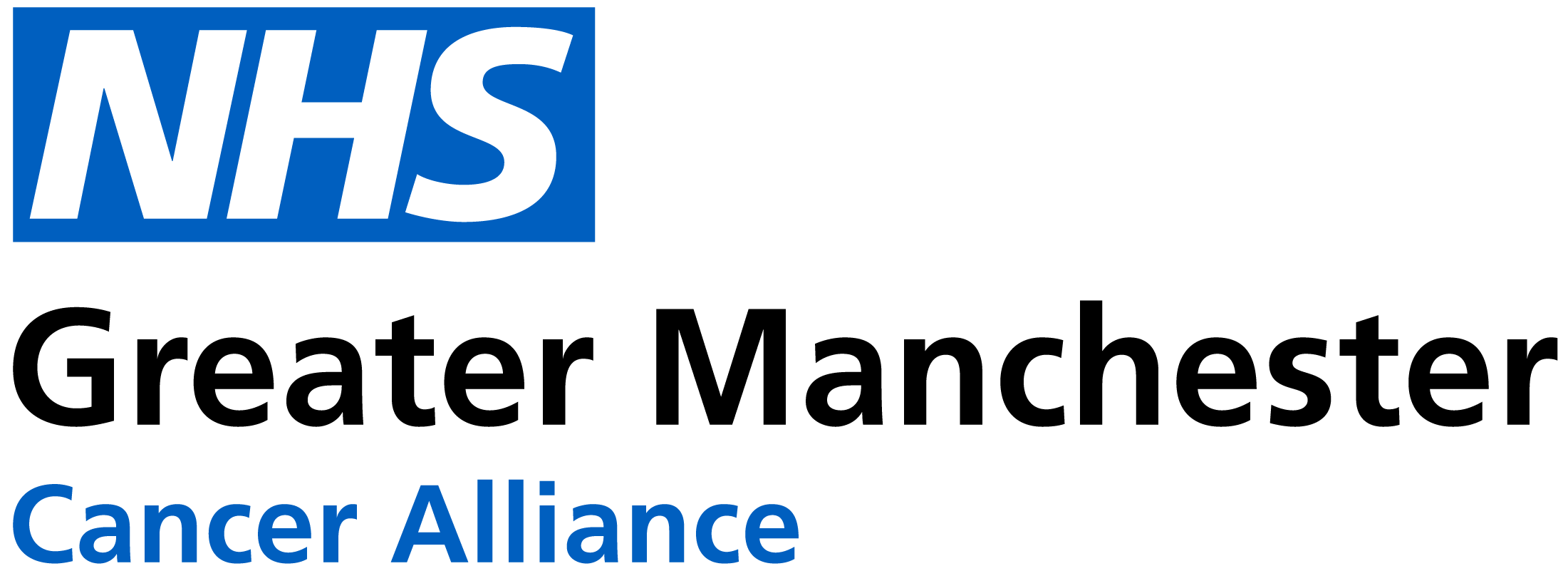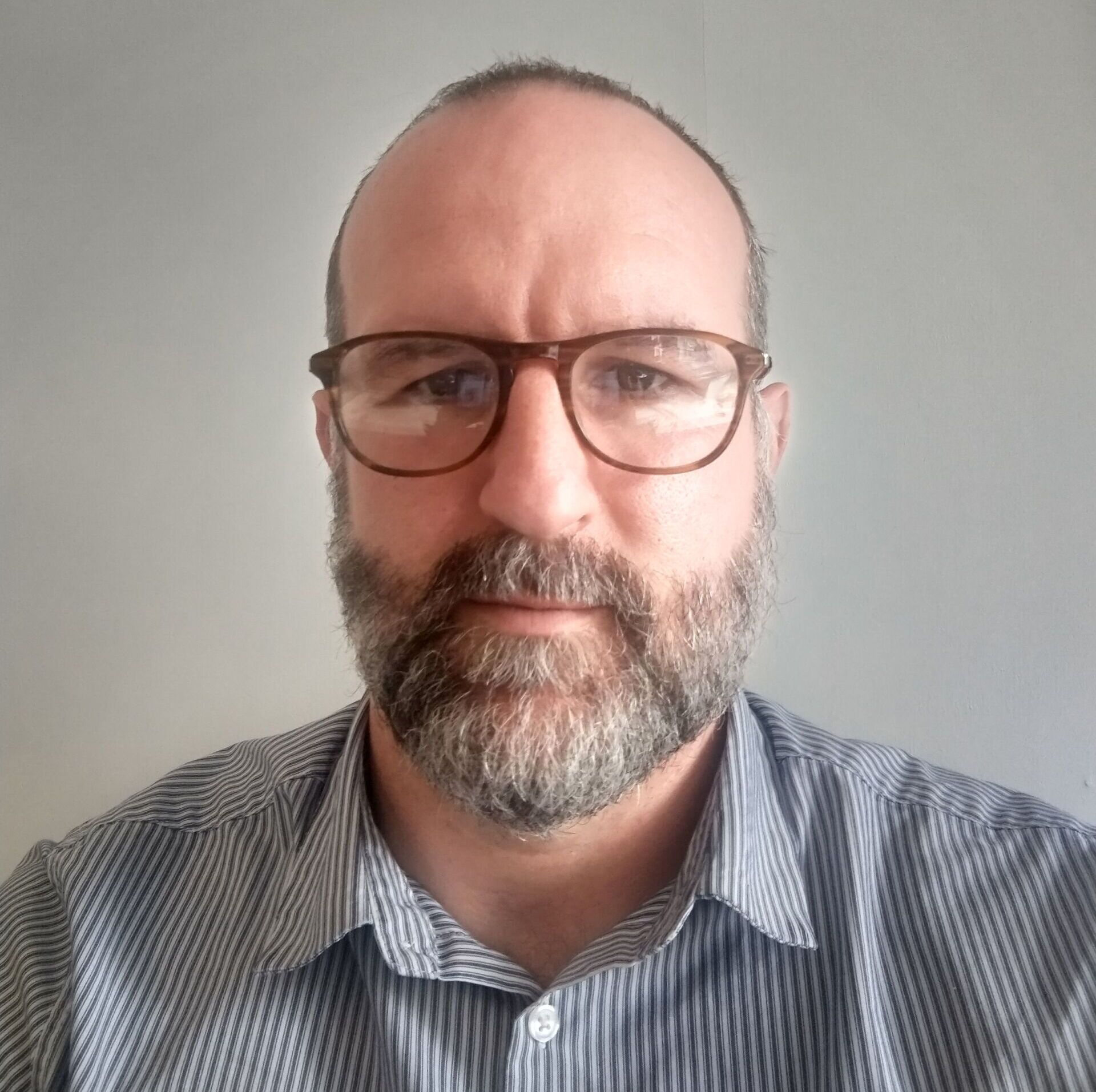The Health Inequalities team publish our own newsletter, bringing you funding opportunities, training, resources, reports, and more.

Health inequalities are avoidable, unfair and systematic differences in health between different groups of people. They exist as a result of systematic variation in (i) the accessibility, quality and experience of health and care services, (ii) individual behaviours and, most importantly, (iii) the wider determinants of health, such as employment, education and income.
Health inequalities in the cancer system can represent themselves as differences between groups in:
- the risk of getting cancer
- the proportion of people diagnosed at an early stage
- access and experience of diagnosis, treatment, and care
- access to and representation within research
- representation within the workforce
This work is the responsibility of the GM Cancer Health Inequalities Programme Board, who developed the GM Tackling Health Inequalities Strategy and will work to ensure the objectives set out in the document are met.
More information can be found in our GM Tackling Health Inequalities Strategy and the GM Cancer Health Inequalities Board.
The GM Cancer Health Inequalities Programme Board commissioned GMCVO to update the 2017 GM Cancer Equality and Health Inequalities Assessment. The GMCVO inequalities resource can be found here, it links to relevant resources and provides a comprehensive overview of inequalities in cancer prevention, diagnosis, treatment and care.
If you would like any more information about this work, please contact the-christie.healthinequalities@nhs.net



